SUCCESSFUL CONCLUSION OF AIRCREW WATER AND JUNGLE SURVIVAL TRAINING
The ‘Aircrew Water and Jungle Survival Training 01/24’ was successfully conducted from 11 to 28 November 2024 at the SLAF Combat Training School Diyatalawa and SLAF Regimental Training Centre Ampara. The training programme saw the participation of 18 aircrew members, including Zambian officers, pilots, engineers and other aircrew.
The training commenced with lectures and practical sessions covering survival medicine, first aid, knot-tying, shelter-making, and map reading. Practical applications were tested in the Ohiya/Pattipola jungle, where participants navigated 5 km of challenging terrain and camped overnight using parachutes. Water Egress training using dunker and swimming techniques was conducted at SLAF Regimental Training Centre Ampara.
The highlight of the training was the Final Training Exercise (FTX), ‘Operation Ironwill' which commenced on 25 November 2024. Teams were dropped via Bell 212 helicopters into simulated crash sites in Bingoda, tasked with activating their escape, evasion, and survival plans. Despite heavy rain, which turned the terrain unreliable, the teams demonstrated resilience and harboured at Lahugala. They built shelters, kept fires for warmth and safety, and navigated toward their designated extraction points. Continuous instructor monitoring ensured safety and adherence to objectives.
The training commenced with lectures and practical sessions covering survival medicine, first aid, knot-tying, shelter-making, and map reading. Practical applications were tested in the Ohiya/Pattipola jungle, where participants navigated 5 km of challenging terrain and camped overnight using parachutes. Water Egress training using dunker and swimming techniques was conducted at SLAF Regimental Training Centre Ampara.
The highlight of the training was the Final Training Exercise (FTX), ‘Operation Ironwill' which commenced on 25 November 2024. Teams were dropped via Bell 212 helicopters into simulated crash sites in Bingoda, tasked with activating their escape, evasion, and survival plans. Despite heavy rain, which turned the terrain unreliable, the teams demonstrated resilience and harboured at Lahugala. They built shelters, kept fires for warmth and safety, and navigated toward their designated extraction points. Continuous instructor monitoring ensured safety and adherence to objectives.
Adverse weather on 26 November forced an early evacuation, with all trainees relocated to safe zones near Lathugala. Once the rain subsided, the teams and instructors reached the heli extraction point by evening.
The training concluded with a closing ceremony at SLAF Regimental Training School Ampara, where certificates were awarded by the Commanding Officer, Group Captain Lalith Sugathadasa. The exercise tested endurance and skill and underscored the importance of teamwork and preparedness for unexpected conditions.text
The training concluded with a closing ceremony at SLAF Regimental Training School Ampara, where certificates were awarded by the Commanding Officer, Group Captain Lalith Sugathadasa. The exercise tested endurance and skill and underscored the importance of teamwork and preparedness for unexpected conditions.text








